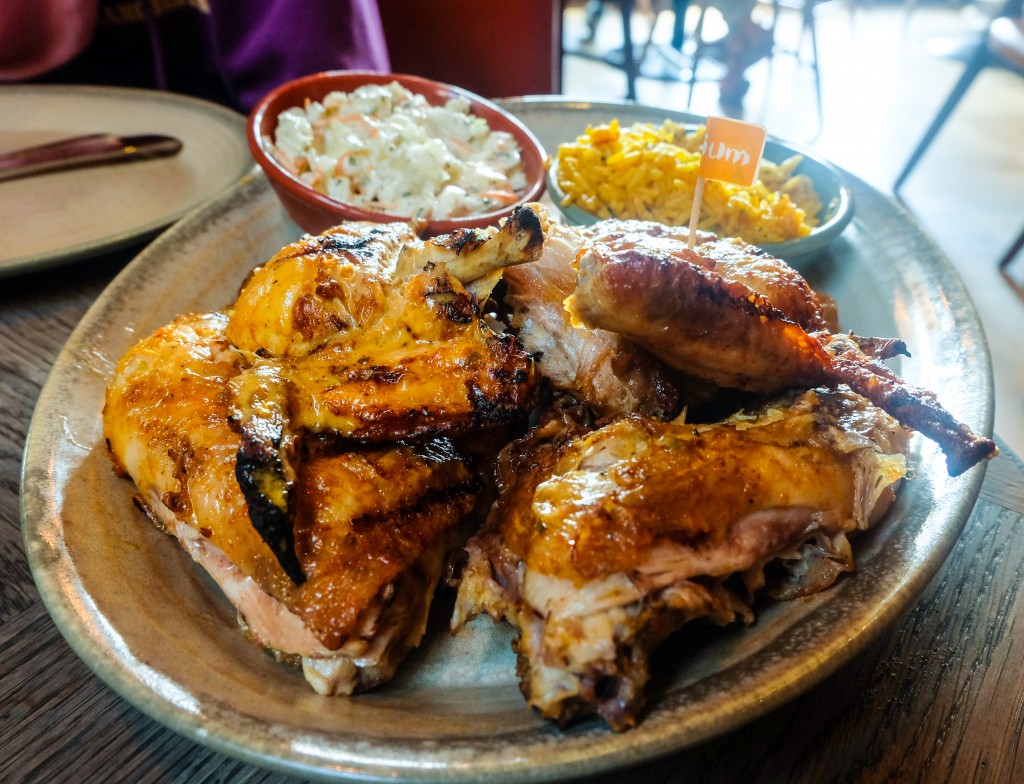Is there a more universally loved food than fried chicken? The American hamburger and pizza come close, but for a home-cooked meal that has global appeal, fried chicken is hard to beat. How did chicken become so popular, and how is it eaten across the world?
Free from any restrictions
Unlike pork or beef, there are no religious constraints upon the consumption of chicken. Hinduism holds the cow sacred, and the eating of any beef would be seen as a violation of the dignity of the cow. Judaism and Islam both have strong prescriptions against the eating of pork, though, for almost the opposite reasons. Hinduism reveres the cow, but Judaism and Islam hold the pig as potentially a dirty animal.
Anyone of any religion can eat chicken. Any restriction comes down often to philosophical or moral personal choice, such as when someone chooses to become vegetarian or vegan.
Universal appeal

Trying different kinds of food from around the world has become part of the modern way of life. Korean fried chicken on the menu is as available and as tempting as ordering a BigMac. In fact, for many, it is even more appetizing.
In the Philippines, you can order sisig from a restaurant. It’s savory and aromatic, and it comes on a sizzling platter, making it a treat for many senses apart from the taste buds. It’s made from the chopped face of a pig. All of a sudden, for most of the western world, it has become a lot less appealing. In Cambodia, fried tarantula is considered a delicacy. It wasn’t too long ago that the idea of eating raw fish was met with deep suspicion.
Chicken is never seen as an odd meat choice, wherever you are in the world. In the west, it is often eaten with potato as the starch of choice or just with a salad. In Korea, it is often paired with beer. In most other parts of the world, including Asia and Africa, it is often eaten with rice. Wherever you are in the world, if you’re tired of sampling new cuisine and yearn for something reassuringly familiar, a good bet is that you’ll go for chicken.
Environmental and financial pulls
Farming chicken is much less damaging to the environment than farming cattle. Farming for beef requires more resources than farming for the equivalent amount of chicken. It takes around four times as much water to produce an equal amount of beef to chicken. Of course, if we were to eat directly from produce and subsist on grain, wheat, and plants, we could drastically reduce our impact on the environment. But the likelihood of most of the world turning vegetarian any time soon is small.
The production of pork, the most consumed meat in the world, has suffered many hits from swine flu. African swine flu (ASF) has decimated worldwide hog production. Along with this, the declining consumption of beef in the U.S. and the economic and environmental benefits of chicken farming, chicken is about to become the most consumed meat in the world.




